
Thanks to a significant high-tech presence, the Seattle economy is bursting at the seams. As of last November, Amazon occupied 37 buildings in downtown, housing over 40,000 employees in 8.1 million square feet. There are literally–and I literally mean literally–dozens of construction cranes between Safeco Field and Lake Union. And even though there are historic levels of multi-family residential construction, the market is still under-supplied. If you’re looking for a downtown studio apartment that was built in this decade, expect to pay around $1,800 per month. If you want to buy a single family residence inside city limits, the median price last month was $800,500, which is 14.4% higher than in April 2017. But if you really want that house, you’d better move fast because the average time on the market is twelve days.
If you’re a downtown resident, what this means that there is a two-tiered society of haves and have-nots. There are the folks who can shell out $1,800 a month for a studio apartment and, at the other end, over 1,200 subsidized housing units, with practically no in-between. So it’s no surprise that there is a homeless crisis, as The Seattle Times acknowledges, and it has only gotten worse. A lot worse. I was at a real estate seminar in downtown last year, and one of the speakers used a cutesy euphemism to describe the homeless, saying there is a “street civility” problem in the city. But there isn’t really a homeless or PC-infused street civility problem, there is a political problem with the city for their failure to adequately address it. This article by Alex Berezov has made its way around several conservative sites, and it deserves wider attention, because the culture in city leadership is a disservice.
I believe strongly that it is not compassionate to leave people who are unable or unwilling to care for themselves to suffer and die on the street. Because many (but certainly not all) homeless people struggle with mental illness or drug addiction, I suggested that Seattle find a way to make it easier to provide treatment to these troubled souls — involuntarily, if need be. It could literally save their lives.
Juarez exclaimed, “What is this? Nazi Germany?”
Appalled — in part because my grandparents survived Nazi Germany — I got up and walked out.
As a professional science writer, I’ve certainly grown accustomed to the crass insults that have become routine in our toxic political environment. I just didn’t expect it from a person for whom I voted. But perhaps I shouldn’t have been surprised.Slowly but surely, Seattle has become an angry place. Councilmember Kshama Sawant called a police shooting a “brutal murder.” She also tweeted that it was “terrible” for a feminist organization to wish that Barbara Bush, on her death, rest in peace. As a congressional candidate, Pramila Jayapal supporters implied that her respectable opponent, Brady Walkinshaw, was a misogynist and racist. And former Mayor Ed Murray, whose pattern of alleged sexual behavior finally caught up with him, remained defiant until the bitter end.For a city that prides itself on being “anti-Trump,” it is difficult to see how exactly we’re supposed to possess the moral high ground over “The Other Washington.”
Before he resigned in disgrace after it became known that he diddled five teenage boys, Mayor Ed Murray signed an ordinance that increased the minimum wage. As I mentioned here, the measure was counterproductive. More from Berezov:
The $15 minimum wage has added gasoline to the fire. Though it hasn’t even been fully implemented yet, the most recent study last summer revealed that when the minimum moved from $11 to $13 an hour, low-wage workers lost about $125 per month. That means that the law raises costs for businesses and customers while actually harming employees it was meant to help.
But stubborn facts and a hurting middle class don’t seem to faze the City Council, which seems far more concerned about issues over which it has zero control — such as climate change and foreign policy — than it does about issues over which it has at least a modicum of control, such as the cost of living, homelessness, crime, traffic and potholes. For our City Council, virtue signaling is more important than governing.
Geographically, the city has a hourglass shape, and traffic runs right through downtown with no real alternates in the city. They’re building light-rail, but it’s going to take a long time. We’re at least ten years behind Vancouver BC, which has been much smarter about it.
Housingwise, the city needs to encourage a dramatic expansion of supply. There was a recent article about the Bay Area, written about here, which came to a similar conclusion.
Let’s state it plainly: The Bay Area must increase its total housing stock by 50 percent over the next 20 years to bring affordability down to a reasonable level.
It is worth keeping in mind that, by historical comparison, growing the Bay Area population by 30 percent more than underlying U.S. population growth over the next 20 years is a perfectly achievable outcome. Detroit and Texas grew far faster during their booms, as did our own Bay Area in the 20 years following World War II.
Intellectual honesty requires taking numbers seriously. Either we prioritize making the Bay Area affordable for all of us or we don’t. The less housing we build, the more wealth will be trapped in high housing prices. Unless we decide to grow our housing stock to accommodate our economy, we are continuing to choose the interests of those who are rich or who already own their homes over the interests of the struggling middle and working classes.
The Seattle metro area is bracketed by a major mountain range to the east and large body of water to the west, with lots of wetlands and steep slopes in between. Most of the easily developable land has been developed, which only adds to the challenge. The leaders of the city need to focus on that along with transit and the homeless.
The last time the city had a Republican mayor, Ronald Reagan was elected to his first term. The last Republican in the governor’s mansion was 1984. The city is fifty shades of liberal, so I don’t expect a Republican will return to office unless Trump ushers in an era of enduring world peace and prosperity, and even in that implausible scenario the chances aren’t good. But they could at least elect representatives who aren’t PC political fringies.
Don’t get me wrong. Seattle is still a great place, a beautiful place, home to the Seahawks, Mariners, Jimi Hendrix, Nirvana, Macklemore, Pike Place Market, Alki, and so forth. But it has gotten less affordable and more ugly in this decade. But, hey, at least we can still make fun of Ballard (but not for long, that place is changing, too).

Under the new proposal, only businesses making $20 million a year or more in taxable income would be subject to the tax. It would start in 2019 as an hours tax, where businesses affected would pay an additional 26 cents per hour for each employee working in Seattle—or an even $500 a year per employee. (We’ve reached out to clarify what this means for salaried employees and will update when we hear back.)
Eventually, by 2021, the hours tax would be eliminated and replaced with a 0.7 percent payroll tax, so those businesses would be paying more on higher-salary positions.
Last week’s proposal eliminates or mitigates some controversial ideas being tossed around for a head tax. It doesn’t include a “skin in the game” fee for smaller businesses—so only 500 or so of the largest businesses in Seattle pay anything at all. It also doubles the revenue threshold proposed by the task force from $10 million to $20 million.
The business community, especially the influential Downtown Seattle Association (which is open-minded about taxes), opposes the measure.
Seattle Metropolitan Chamber of Commerce, which has expressed opposition to any kind of employee head tax since the original version introduced by O’Brien, says there’s “no plan” for the tax and questions the council’s accountability to homeless services. And it’s not the only business group to come out against the tax.
“The business community respectfully declined to participate in the task force because it was simply a justification by the City Council to establish a new tax on jobs,” wrote representatives of Downtown Seattle Association, the Chamber, and the Greater Seattle Business Association in an editorial for the Seattle Times last week. “The outcome was predetermined, the process rushed, and its goal was simply to raise more money instead of truly solving the homelessness facing our region.”
And Amazon has just weighed in.
Amazon is pausing the unprecedented spree of headquarters construction that transformed the city of Seattle over the past decade, suspending plans to add 7,000 to 8,000 jobs in 1 million square feet of new office space.
Whether it’s just a political maneuver to influence City Hall’s upcoming vote on a head tax or an actual change in direction remains to be seen. But it could spook developers of housing and offices planning on Amazon’s continued growth.
The Seattle business head tax is, in a literal sense, a tax on jobs. Moreover, it’s one that falls particularly heavily on one of the city’s most important industries. It comes on the heels of a long string of tax proposals considered in 2017, many of them quite arbitrary, which create substantial business uncertainty. Other cities have high tax burdens, but few have as many tax experiments in the pipeline as Seattle does. At some point, employers feel besieged.
Given that Chicago scrapped a business head tax less than one-eleventh as large as “a job killer,” the latest in Seattle’s long line of proposed tax increases has the potential to be shockingly counterproductive.
The city might be better off seeing how other cities do it, like San Diego.
But San Diego has managed to do something Seattle hasn’t: sustain a large, longterm effort that consistently gets people out of their vehicles and into housing.
On average, San Diego has gotten 43 percent of clients like Cruz and Stanich into housing every year. In Seattle, at the peak of its faltering program, just over one in 10 got housed.And San Diego does so far more efficiently, spending $436,000 to operate three safe lots with a total capacity for up to 150 vehicles, while Seattle was on track to spend nearly that much in a year on a single parking lot, for just 20 vehicles.
Starting this year, Seattle also adopted a soda tax.
Costco has adopted a novel way to show its objection to a new soda tax in Seattle: It’s telling customers just how much the tax will cost and encouraging them to buy soft drinks outside the city.
The city recently enacted a tax of 1.75 cents an ounce on surgary beverages. The result: A case of Gatorade that used to cost $15.99 now costs $26.33 — a 65% markup.
And a case of Dr. Pepper now costs $17.55 instead of $9.99, according to Costco. That’s a 76% surcharge.
The Costco COST, -0.51% store in Seattle was also kind of enough to let customers known the tax did not apply in the company’s stores outside the city.
Seattle is one of a handful of cities whose liberal governments have raised taxes on surgary drinks to discourage people from drinking them. Studies have linked excessive soda consumption to health problems such as obesity.
The head tax will also affect Costco, Safeway and Albertsons.
Amazon is not the only business opposing this tax proposal. Already, other business leaders in the community have taken to town halls to protest: “If spending more money was the only answer, we would’ve solved this problem a long time ago,” said Jon Scholes, a representative from the Downtown Seattle Association. The grocery company Safeway and Albertsons said it might need to raise prices, or shut down stores.
Seattle may very well need more money to deal with the homeless but, taxwise, the city council is biting the hand that feeds city coffers.



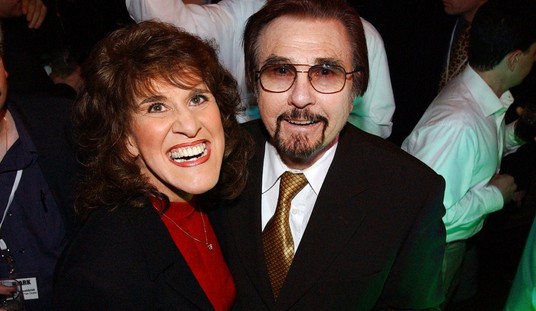
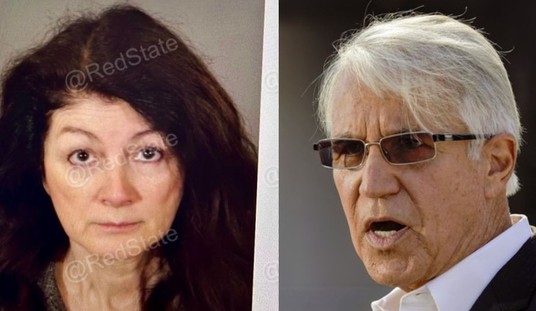

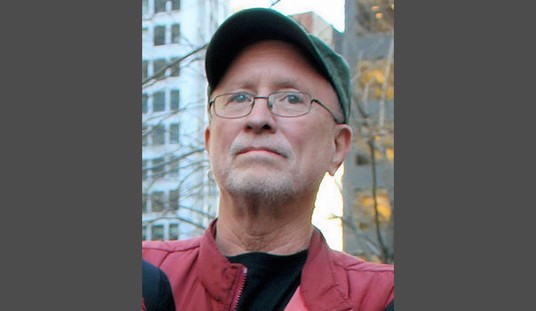


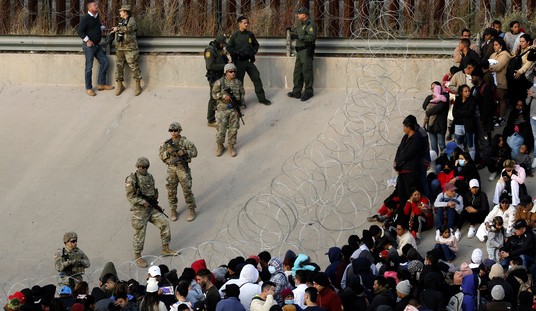
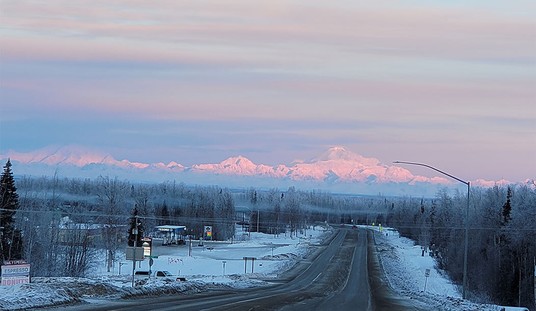

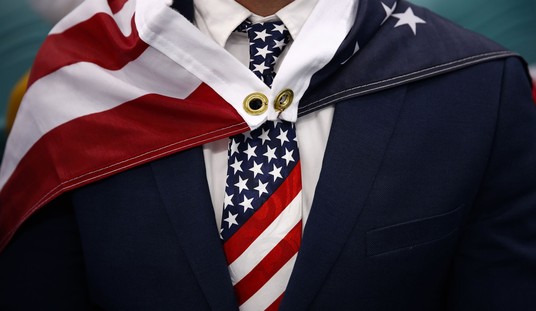
Join the conversation as a VIP Member